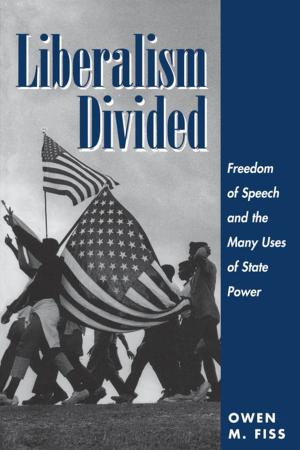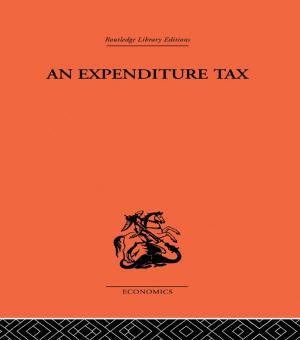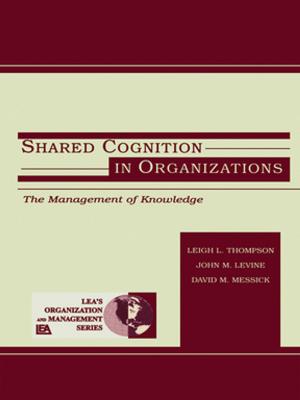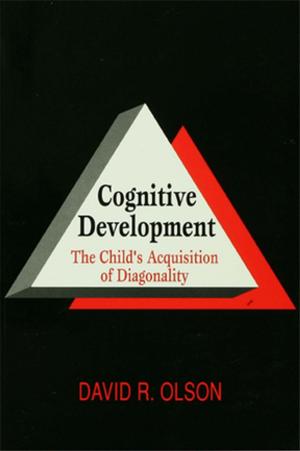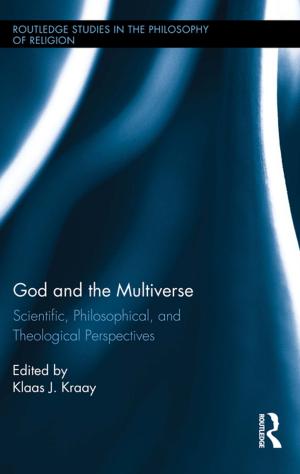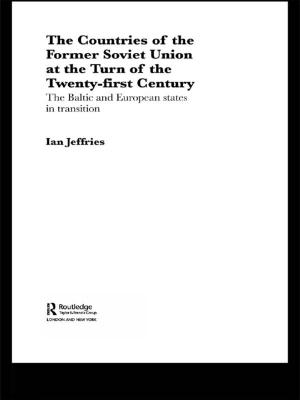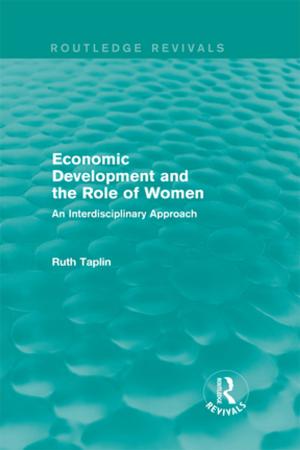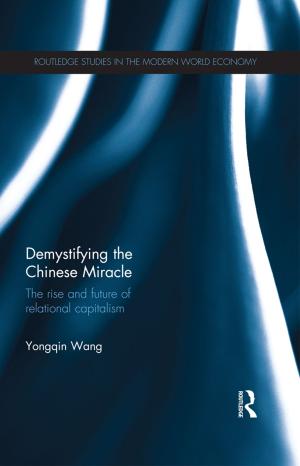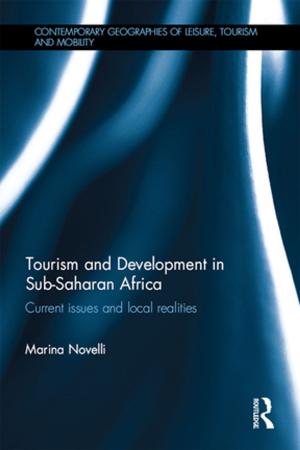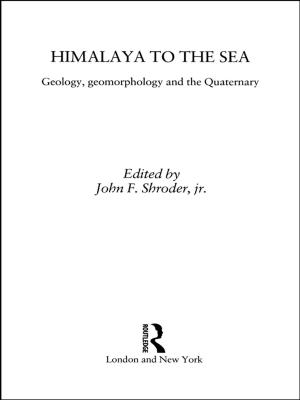Propaganda in the Information Age
Still Manufacturing Consent
Nonfiction, Social & Cultural Studies, Social Science| Author: | ISBN: | 9780429772627 | |
| Publisher: | Taylor and Francis | Publication: | April 24, 2019 |
| Imprint: | Routledge | Language: | English |
| Author: | |
| ISBN: | 9780429772627 |
| Publisher: | Taylor and Francis |
| Publication: | April 24, 2019 |
| Imprint: | Routledge |
| Language: | English |
Propaganda in the Information Age is a collaborative volume which updates Herman and Chomsky’s propaganda model for the twenty-first-century media landscape and makes the case for the continuing relevance of their original ideas. It includes an exclusive interview with Noam Chomsky himself.
2018 marks 30 years since the publication of Edward Herman and Noam Chomsky’s ground-breaking book Manufacturing Consent, which lifted the veil over how the mass media operate. The book’s model presented five filters which all potentially newsworthy events must pass through before they reach our TV screens, smartphones or newspapers. In Propaganda in the Information Age, many of the world’s leading media scholars, analysts and journalists use this model to explore the modern media world, covering some of the most pressing contemporary topics such as fake news, Cambridge Analytica, the Syrian Civil War and Russiagate. The collection also acknowledges that in an increasingly globalized world, our media is increasingly globalized as well, with chapters exploring both Indian and African media.
For students of Media Studies, Journalism, Communication and Sociology, Propaganda in the Information Age offers a fascinating introduction to the propaganda model and how it can be applied to our understanding not only of how media functions in corporate America, but across the world in the twenty-first century.
Propaganda in the Information Age is a collaborative volume which updates Herman and Chomsky’s propaganda model for the twenty-first-century media landscape and makes the case for the continuing relevance of their original ideas. It includes an exclusive interview with Noam Chomsky himself.
2018 marks 30 years since the publication of Edward Herman and Noam Chomsky’s ground-breaking book Manufacturing Consent, which lifted the veil over how the mass media operate. The book’s model presented five filters which all potentially newsworthy events must pass through before they reach our TV screens, smartphones or newspapers. In Propaganda in the Information Age, many of the world’s leading media scholars, analysts and journalists use this model to explore the modern media world, covering some of the most pressing contemporary topics such as fake news, Cambridge Analytica, the Syrian Civil War and Russiagate. The collection also acknowledges that in an increasingly globalized world, our media is increasingly globalized as well, with chapters exploring both Indian and African media.
For students of Media Studies, Journalism, Communication and Sociology, Propaganda in the Information Age offers a fascinating introduction to the propaganda model and how it can be applied to our understanding not only of how media functions in corporate America, but across the world in the twenty-first century.


